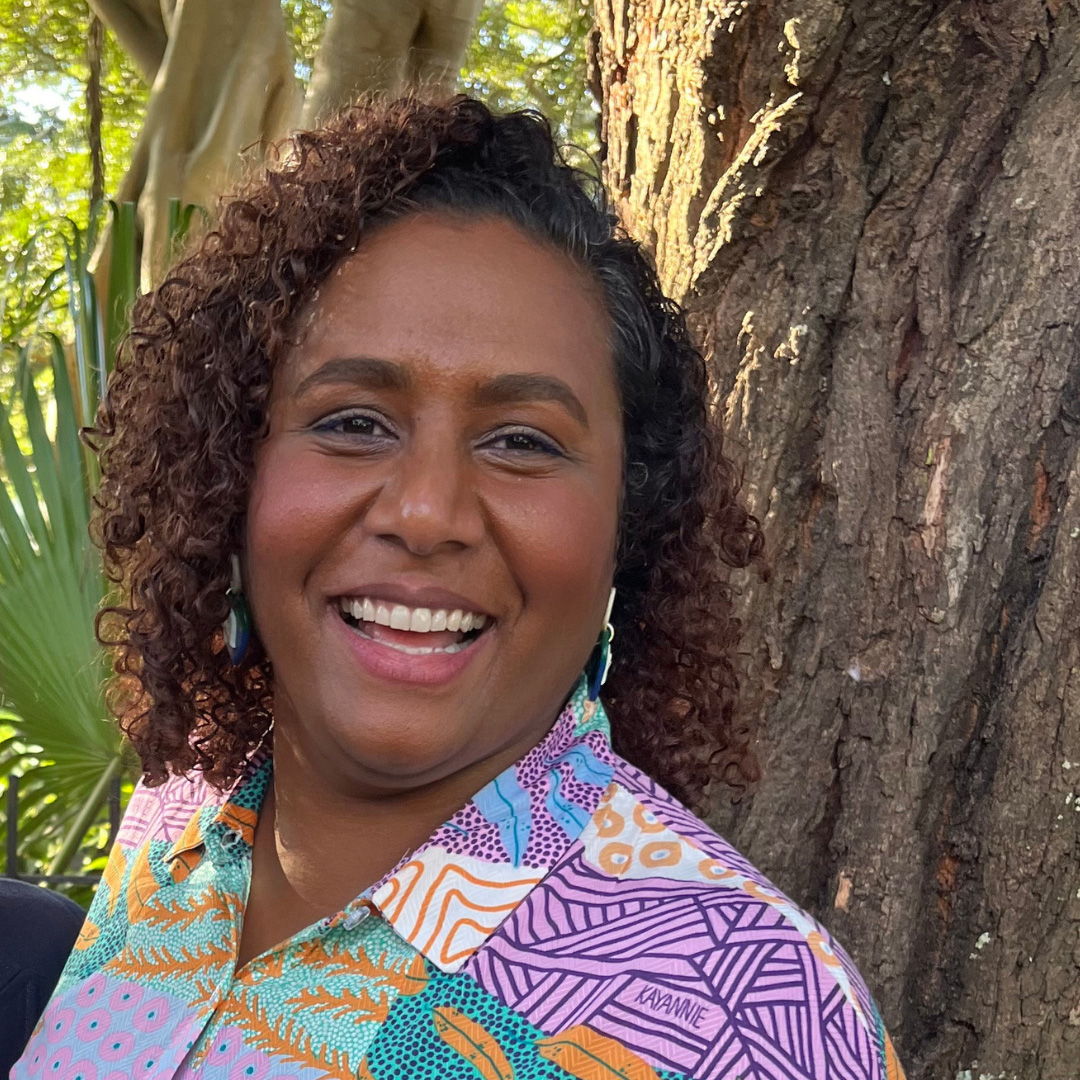National Reconciliation Week
A National Reconciliation Week reflection by ABM Truth-telling Advisor, Larissa Minniecon.
Every. Year. We. Say. Sorry.
Each year on May 26th, we solemnly observe Sorry Day, reflecting on the colonial atrocities inflicted upon the Stolen Generations. We remember the brutal actions against children and infants who were forcibly removed from their families, told that their culture, community, and families did not want them. These children were led to believe they would be forgotten by their loved ones and communities.
Such falsehoods have permeated the mindset of our nation. For many Australians, ignorance of these atrocities was commonplace, either because they were unaware or complicit in accepting government policies without question. It is estimated that 1 in 3 Indigenous children (estimated 20,000 – 25,000) were forcibly removed from their families and placed in institutions rife with abuse and torture. These children suffered immensely, often ending up in non-Indigenous homes where they were trained to be domestic servants and stockmen, effectively subjected to unpaid labour.
Colonial Australia was not unfamiliar with slavery, torture, or criminal mindsets. The “Bringing Them Home Report” details these harrowing experiences and serves as a stark reminder of our nation’s dark history. In this report, we witness government bodies deciding our fate without consultation or consideration of our humanity. Their legislation caused this tragedy, and their self-righteous actions targeted the most innocent and vulnerable among us: children and babies.
If we didn’t have Sorry Day we perpetuate our failure to acknowledge our wrongdoings and the pain, we have caused. When we overlook the importance of an apology, we deny the Stolen Generations the validation they deserve and hope that we can cultivate healing and reconciliation. Collectively we must continue to say:
We say sorry because we believe your story.
We say sorry because we inflicted this injustice.
We say sorry because of our ignorance.
We say sorry because we are guilty.
We say sorry because we have hindered God’s kingdom. Jesus said, “Let the little children come to me, and do not hinder them, for the kingdom of heaven belongs to such as these.” Matt 19:14
Today, we still fight for our babies and children. Over 22,000 Indigenous children are in out-of-home care. The Uluru Statement of the Heart poignantly states, “Our children are aliened from their families at unprecedented rates. This cannot be because we have no love for them. And our youth languish in detention in obscene numbers. They should be our hope for the future.”
If true hope is from God, how are we cultivating hope for our First Nations people? How is our church responding to the plight of Indigenous children? How are God’s people protecting Indigenous families? How can we enter the Kingdom of God while ignoring that we have hindered the very beings that embody heaven?
I am sorry, but we need justice, we need truth-telling, without it we can never truly embody reconciliation without truth and justice.
Now More Than Ever is the theme for Reconciliation Week 2024, a reminder to all of us that no matter what, the fight for justice and the rights of Aboriginal and Torres Strait Islander people will —and must —continue, and that we as God’s people have the responsibility to its unfinished business.
Larissa Minniecon
ABM Truth-telling Advisor
Scarred Tree Indigenous Ministries
